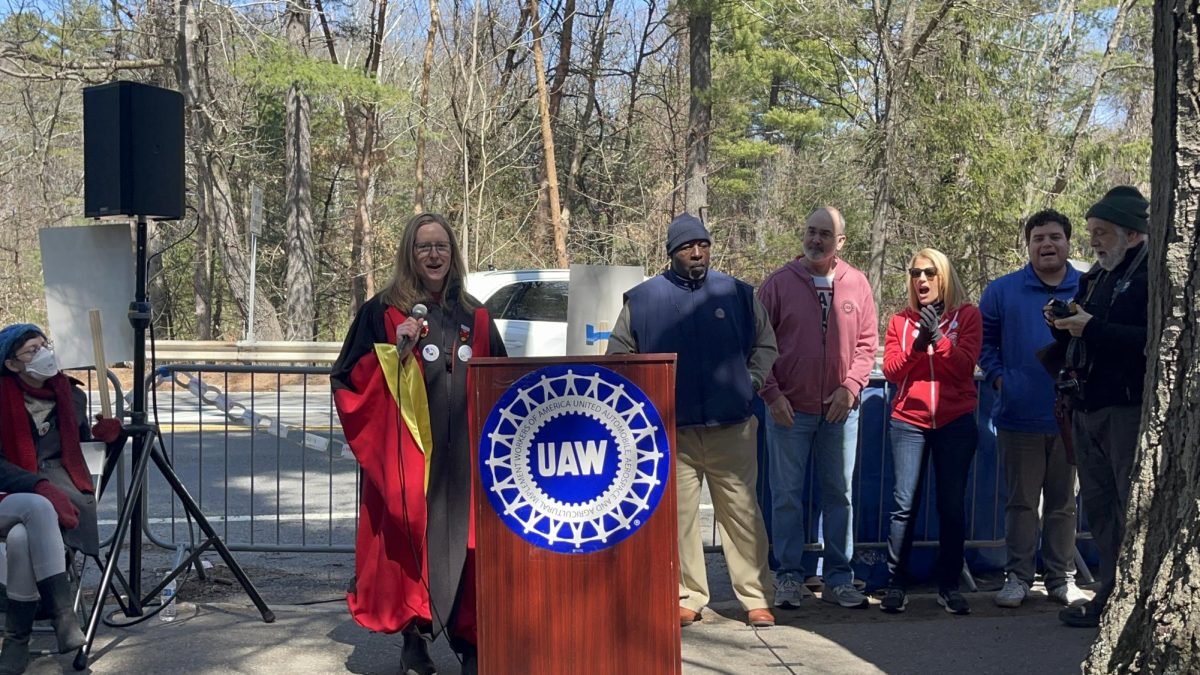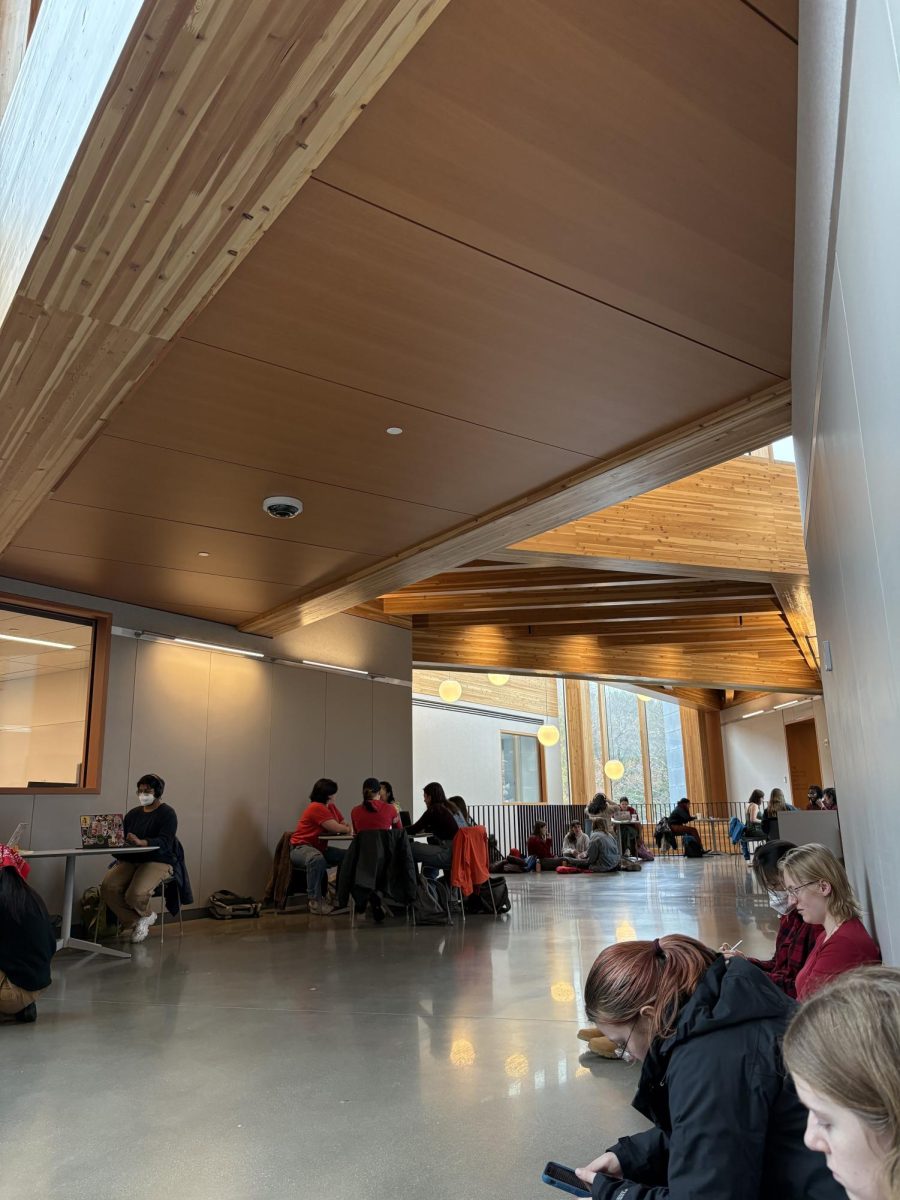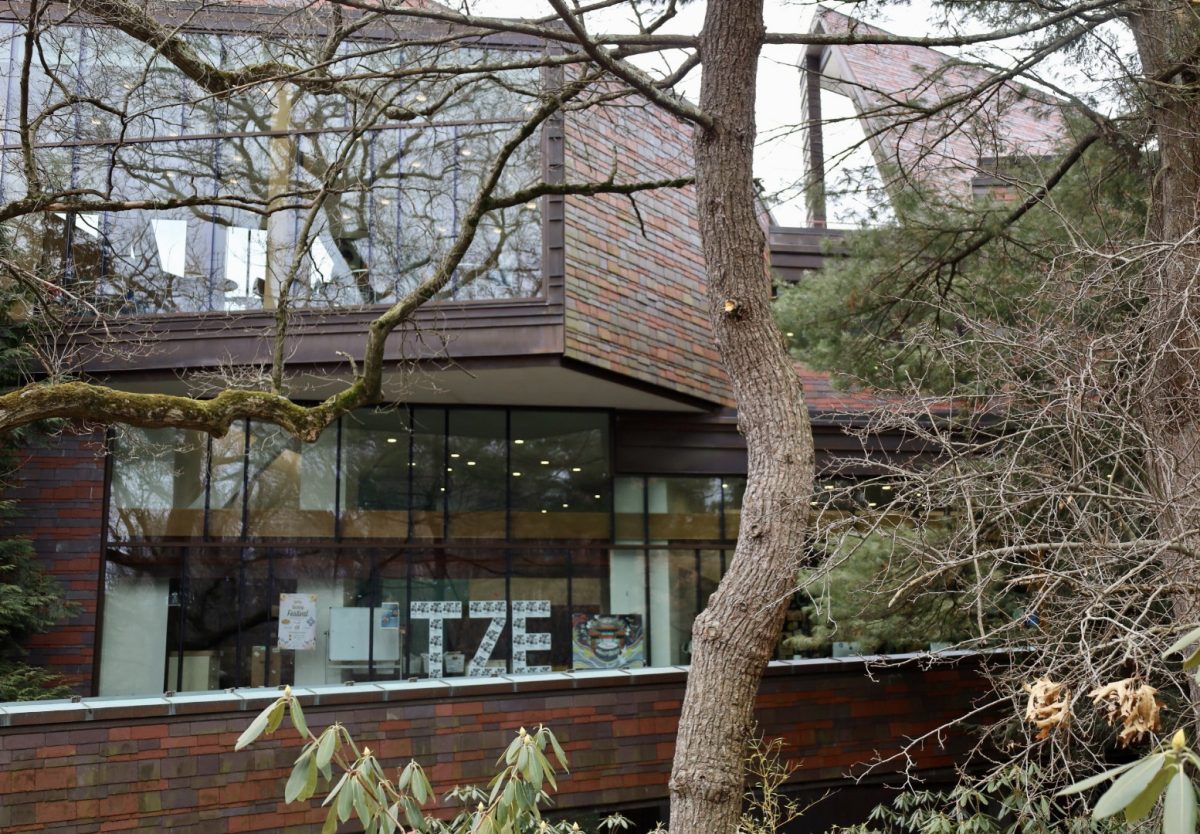In the most recent bargaining session, WOAW, Wellesley College’s faculty union, has rejected the College’s proposed tiered workload model.
The proposals in the April 3rd bargaining session covered the issues of compensation and workload, a few of the union’s major sticking points. The union expressed concerns over the fairness of the proposal and its potential impact on faculty workload, student mentorship, and equity.
The College’s Proposal
The College proposed a “grandmother clause” that would allow current lecturers and instructors of science laboratories (ISLs) to choose between a four or five course load while future hires would be required to teach five courses for the same $72,000 salary. Faculty members would need to decide by June 15, 2025, or two weeks after ratification of the contract, whichever is later, whether they wish to be “grandmothered” into this current workload model.
WOAW’s Response
The union rejected this proposal, arguing that such a model would create divisions between current and future hires.
“Any model that pits new hires against existing hires is not acceptable to our unit,” the union wrote in their recent email update to students in support on April 3.
The union also expressed dissatisfaction with the College’s failure to address the significant contributions made by non-tenure track (NTT) faculty, who play key roles in advising students, leading independent studies, and managing departments.
“We advise 32% of the student body. We provide 140+ independent study and senior thesis research opportunities every year. Many of our members run departments and programs in addition to teaching full time,” stated the WOAW-UAW Bargaining Committee.
WOAW argued that maintaining a four-course load is essential to ensure the quality of education and effective mentorship, both of which would be compromised by the shift to a five-course load. The union further contended that the College’s proposal contradicted its stated commitment to equity, particularly given the historical marginalization of teaching as “women’s work”.
WOAW’s Counterproposal
In response to the College’s proposal, WOAW submitted a counterproposal addressing all 21 unresolved issues. Notably, the union reduced the compensation request by $1.7 million, lowering the starting salary proposal from $88,000 to $85,000. The new proposal from the union would increase Wellesley’s $341 million annual expenditure by $2 million, a 0.6% increase.
The College’s Response
In response, the College introduced 16 new proposals, including a $5,000 dependent care benefit for families with children under five (pre-tax) and expanded leave benefits. The College also reported that 22 articles had been tentatively agreed upon, with a particular focus on faculty housing, health benefits, and retirement plans.
According to the College’s recent email update on April 3, “the union declined to discuss any of the articles the College put on the table this week, then said they would engage on individual issues only if the College presented all the articles in one comprehensive package.” The College expressed confusion and dissatisfaction, claiming this approach “unproductive” in the midst of the ongoing strike.
Next Steps
As the negotiations continue, the union has emphasized the importance of solidarity and values-based negotiations in resolving the dispute.
The College is seeking to end the strike and return to negotiations, proposing the mediation of an uninvolved third-party to address the remaining issues, as they claim a “diminishing path toward progress”.
After leaving the bargaining session early, the College “offered to add a negotiation session on Monday (Apr. 7)” which the union accepted, writing, “We hope they come prepared”.
Contact the editors responsible for this story: Sazma Sarwar and Valida Pau.




